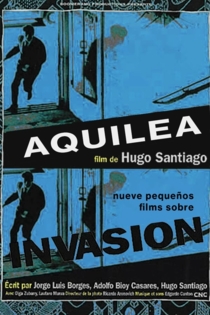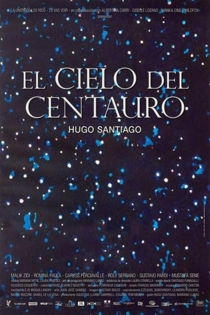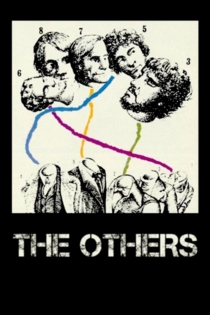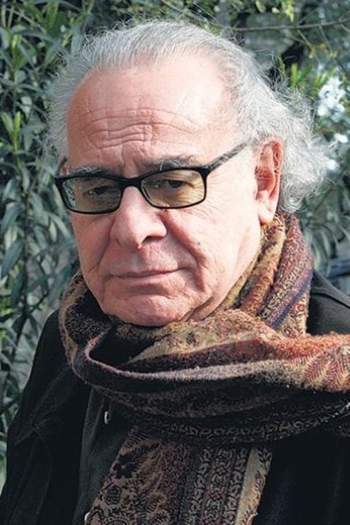
Hugo Santiago
1939 - 2018He studied Literature, Philosophy and Music. From 1959-66 he was assistant director to Robert Bresson. In 1969, he made his first feature film Invasión in his native Argentina based on an idea by celebrated writers Adolfo Bioy Casares and Jorge Luis Borges, who also co-wrote the script. From Wikipedia, the free encyclopedia
Maurice Blanchot
Hugo Santiago
Giorgio Agamben
How to make a film about a writer? How to show in pictures the work of a man who insists on disappearing? Several thinkers comment on the figure and work of a key intellectual in 20th century literature and thought.
Maurice Blanchot

The Sidewalks of Saturn
Hugo Santiago
Rodolfo Mederos, Bérangère Bonvoisin
Hugo Santiago and writers Juan José Saer and Jorge Semprún move back and forth between Paris and the city of Aquilea in a shadowy fable about exile. The frontier between one city and the other begins to blur after Bandoneonist Rodolfo Mederos is visited by his sister, a member of a guerrilla organization.
The Sidewalks of Saturn
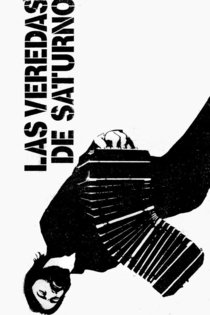
Three Crowns of the Sailor
Raúl Ruiz
Jean-Bernard Guillard, Philippe Deplanche
Shortly after murdering his professor, a young man encounters a sailor who offers him a position on his ship in exchange for 3 Danish crowns and his attention as he recalls his life story.
Three Crowns of the Sailor
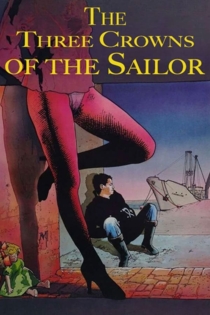
El Teorema de Santiago
Estanislao Buisel Quintana, Ignacio Masllorens
Hugo Santiago, Mariano Llinás
In 1969 Argentine filmmaker Hugo Santiago directed Invasión, his opera prima, written by Jorge Luis Borges and Adolfo Bioy Casares, and later settled in France. This film documents his return to Buenos Aires in 2013 to shoot his latest film, Le ciel du centaure.
Santiago's Theorem
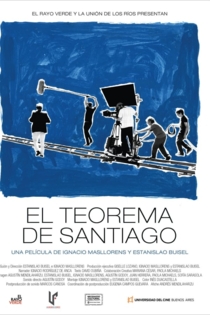
El escarabajo de oro
Fia-Stina Sandlund, Alejo Moguillansky
Rafael Spregelburd, Walter Jakob
Feminism, Victoria Benedictsson, Leandro N. Alem, the Radical Party in Argentina, suicide, stunts, Edgar Allan Poe, the complicated relationship between low-budget films with a political aim and the film industry, Robert Louis Stevenson, fiction, facts, greed, gold treasures left by the Jesuits in Argentina, the 19th Century vs. the contemporary and the search for truth and wisdom are the background for this portrait of a clash between a Swedish artist and an Argentine film director.
The Gold Bug
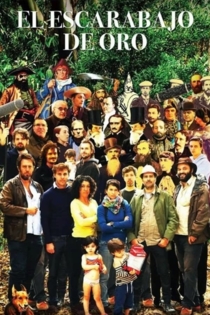
Le Loup de la côte Ouest
Hugo Santiago
Anna Mouglalis, James Faulkner
James Faulkner plays Lew Millar, a renowned private eye who is hired by a gangster to be his bodyguard. When Millar arrives at the criminal's French hideaway, the gangster is already dead. Among the people Millar investigates are the gangster's brother, the man's sister-in-law, and their teenage daughter. A judge may also offer insight into the case, as well as Millar's own past.
The Wolf of the West Coast
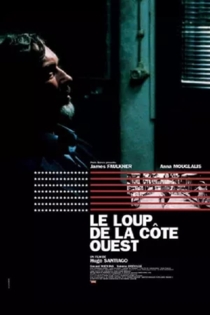
Écoute voir
Hugo Santiago
Catherine Deneuve, Sami Frey
Young aristocrat Arnaud de Maule hires female private detective Claude Alphand to investigate a strange cult, the Church of the Final Revival, that tried to recruit his girlfriend Chloé, who then disappeared, and it now stalks him.
See Here My Love
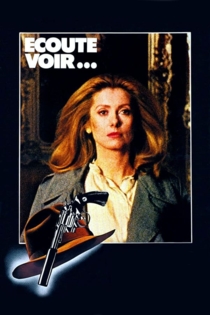
Maria Bethânia do Brasil
Hugo Santiago
Maria Bethânia, Caetano Veloso
This is a journey of friendship, an Argentinian is going to rediscover his continent while searching for his friend from Bahia. And while the work, the records and the career of this great lady of Brazilian music are well known, the starting point, the training, the first years remained till now in a vaguely legendary and imprecise blur. Thanks to many investigations that concern as many places as times, thanks to journeys back in time through the towns and regions, the film seeks the origins of Maria Bethânia’s voice and style. Helped and led by Bethânia herself, with the assistance of Caetano Veloso and Chico Buarque, the two princes of Brazilian music, along with the complicity of the great Gilberto Gil, the author is allowed to go to the first context : the North-East. In the family home in Santo Amaro, the film finally touches the childhood of Maria Bethânia – and her brother Caetano, and this mysterious point – from which the music radiates.
Brazil's Maria Bethânia

